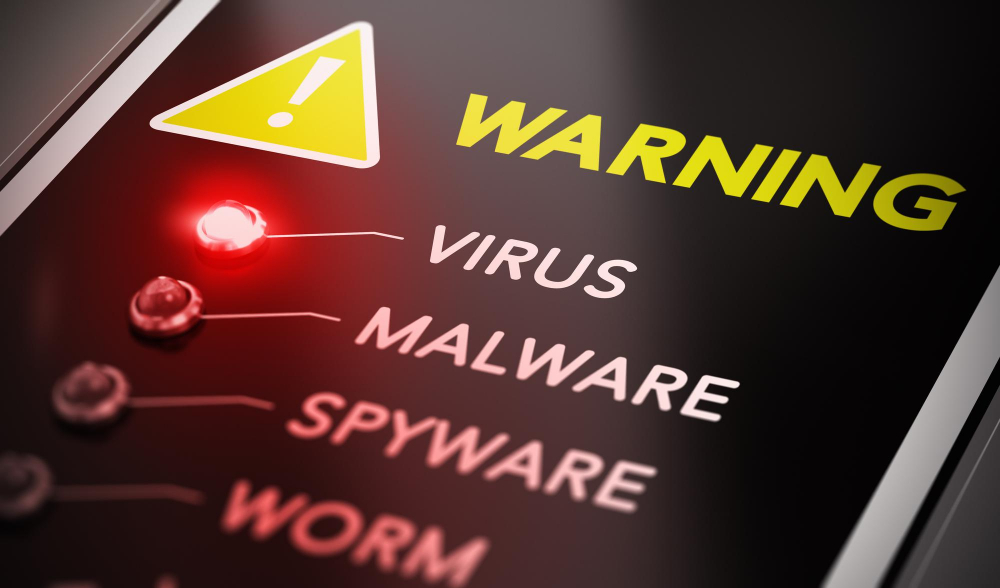Crypto Scams: How to Recognize and Avoid Them
The rapid rise of cryptocurrencies has undoubtedly revolutionized the financial landscape, offering individuals new and exciting investment opportunities. However, with the surge in popularity, the crypto market has also witnessed an unfortunate increase in scams and fraudulent activities. For both seasoned investors and newcomers, it is crucial to be vigilant and well-informed to protect oneself from falling victim to crypto scams. In this article, we will explore some common crypto scams, along with essential tips on how to recognize and avoid them.
1. Phishing Scams:
Phishing scams are one of the most prevalent crypto scams that target individuals through deceptive emails, websites, or messages. These scams aim to steal sensitive information, such as login credentials or private keys, by luring users into fake websites that resemble legitimate cryptocurrency exchanges or wallets.
To avoid falling for phishing scams, always double-check the URL of any website and avoid clicking on suspicious links sent via email or social media.

2. Social Engineering:
Social engineering scams involve manipulative tactics to trick individuals into revealing sensitive information or granting access to their crypto assets. Scammers might impersonate a friend, a customer support representative from an exchange, or even a government official. Always be cautious about sharing personal information online and verify the authenticity of any 6communication before taking any action.
3. Malware and Fake Wallets:
Malware and fake wallets are designed to steal your private keys or login credentials, providing scammers with direct access to your cryptocurrency holdings. Only download wallets and software from official sources and reputable app stores to protect yourself from these scams. Utilize hardware wallets for added security and regularly update your antivirus and anti-malware software.

4. Ponzi Schemes:
Ponzi schemes have been around for decades, and they have found a new playground in the world of cryptocurrencies. These scams promise high returns on investments and rely on new investors' money to pay returns to earlier investors. Eventually, the scheme collapses, leaving many investors with significant losses. Recognizing Ponzi schemes can be challenging, but one key red flag is the promise of consistent and unusually high returns without any risk involved. Always research investment opportunities thoroughly and be skeptical of unrealistic promises.
5. Fake ICOs (Initial Coin Offerings):
Initial Coin Offerings (ICOs) have been a popular way for blockchain projects to raise funds. Unfortunately, some scammers take advantage of this fundraising method by creating fake ICOs to dupe investors. They promote a non-existent or worthless cryptocurrency, enticing people to invest their money. To avoid falling for fake ICOs, always research the project team, read the whitepaper, and verify their legitimacy through reputable sources and social media channels.
6. Pump-and-Dump Schemes:
Pump-and-dump schemes involve artificially inflating the price of a cryptocurrency through false or misleading information, then selling it at the peak to unsuspecting investors. These scams are often orchestrated through social media and chat groups, where the scammers spread rumors to create hype around a particular cryptocurrency. To avoid falling for pump-and-dump schemes, exercise caution when investing in lesser-known tokens and base your decisions on fundamental research rather than speculative rumors.

Conclusion:
The crypto world is undoubtedly filled with exciting opportunities, but it also attracts malicious actors looking to exploit unsuspecting individuals. By staying informed and vigilant, you can significantly reduce the risk of falling victim to crypto scams.
When it comes to Bosnia and Herzegovina, for now, the only officially registered crypto platform is BCX. In order to use the services of this platform, you must first go through the registration process and attach certain documentation that the company is obliged to keep and protect your data. To access the registration process, select this link, and if you decide to use the platform on a mobile phone, you can download the Lova application from Google Play and the App Store.
Remember to conduct thorough research, avoid unrealistic promises, and be cautious when sharing personal information or interacting with unknown individuals online. Trustworthy and secure platforms are essential for safely navigating the crypto space. Always prioritize security and follow best practices to protect your hard-earned money from falling into the hands of scammers.



